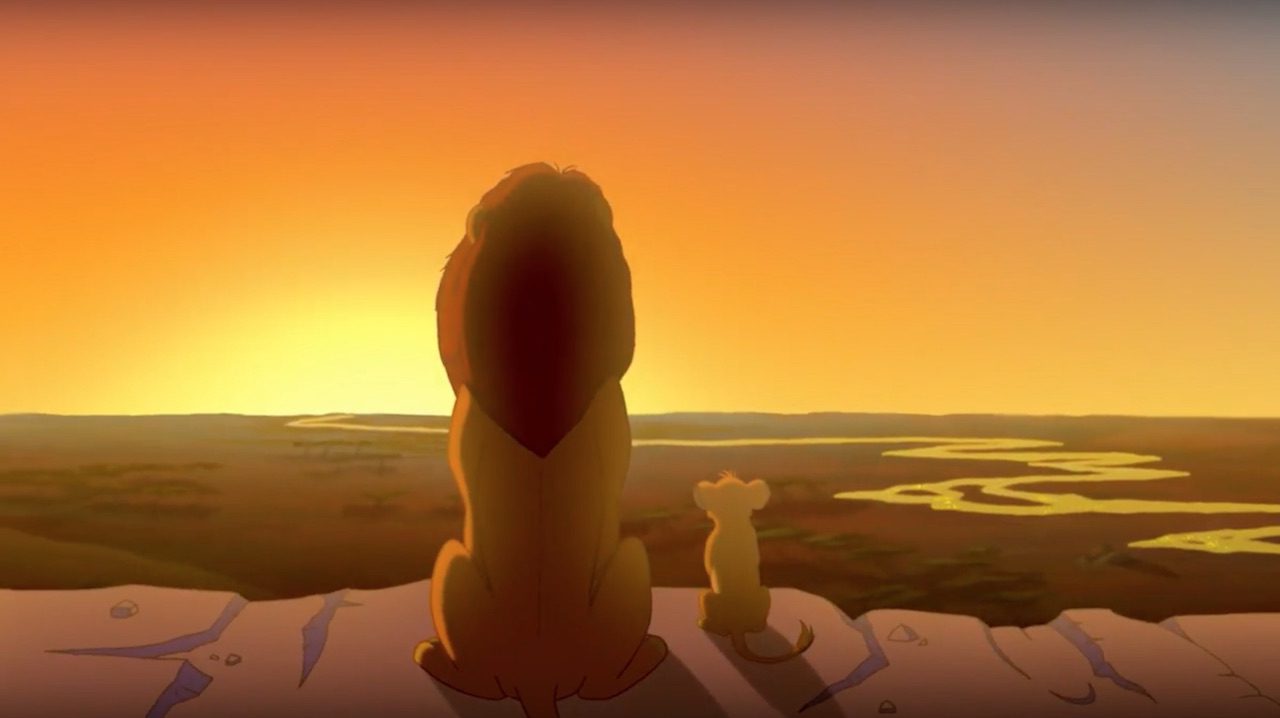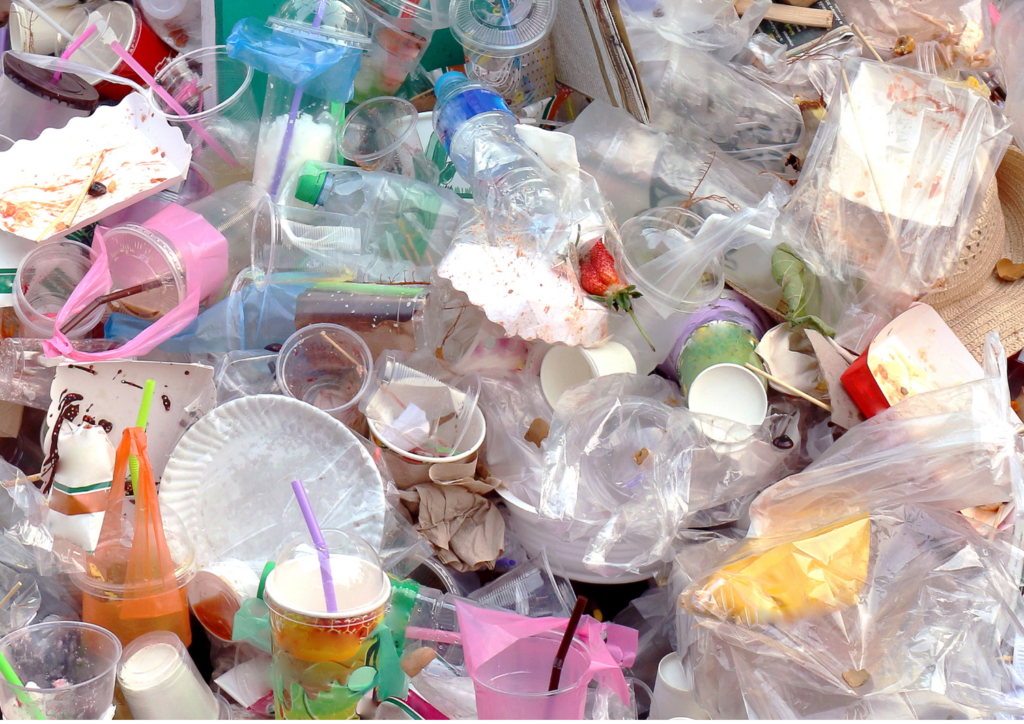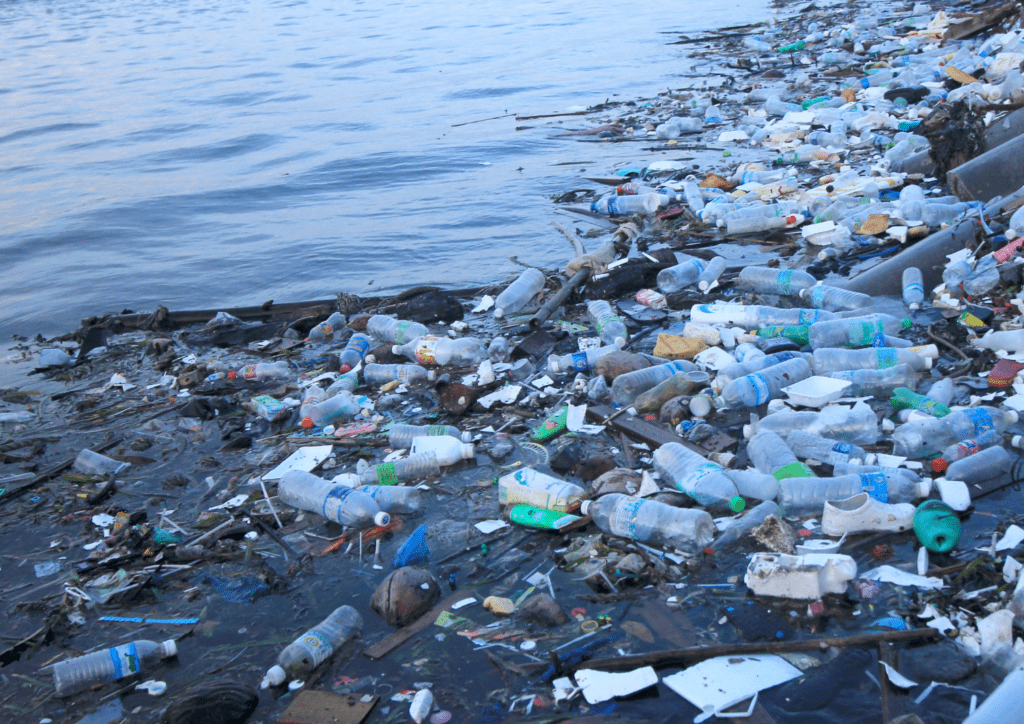Why the plastic industry needs to take a leaf out of the Lion King’s book
Say what you want about Disney, that lion knew a thing or two about the circular economy. In nature nothing is wasted. Bacteria and fungi consume dead trees, and excrete nutrients which enrich the soil and feed future trees. When animals die they are eaten by scavengers, bacteria and insects, which are food for other animals. Waste doesn’t exist. Just a beautiful circle of life.
The circular economy takes this amazing song natural principle and applies it to the way we design and produce products.

Our current system is linear, and broken
This isn’t the way our current system works. From the day we arrive on the planet, we start creating waste. Instead of using the same materials over-and-over-and-over again, we use materials only a few times (at best) before dumping them in landfills, incinerators, or the environment. And when we make new goods, we use new materials.
This is especially true for plastics.
This linear “take-make-use-dispose” model is wreaking havoc on the planet. Globally, we dump a garbage truck of plastic into the world’s oceans every minute. And each year roughly 8 per cent (and growing!) of our crude oil use can be chalked up to plastics production. Sounds like the sort of thing Scar would approve of.
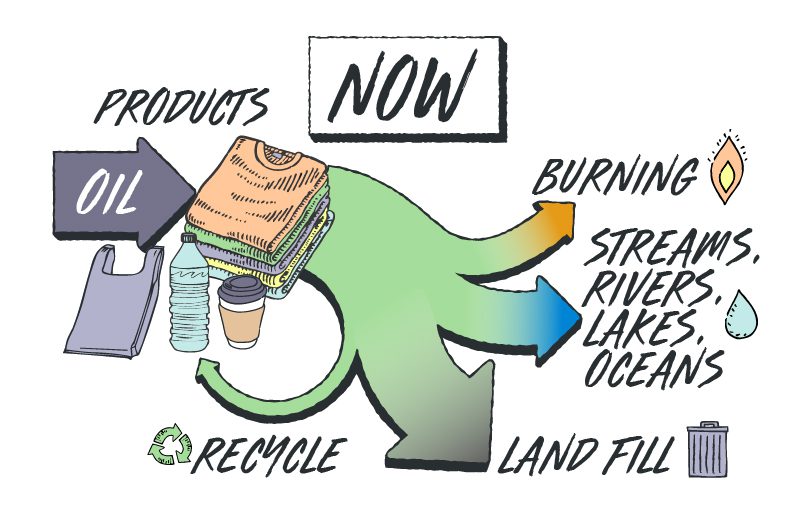
The future should be circular
But things can and should be different. We could embrace a circular approach. In a circular system, plastics would be collected at their end-of-life and turned into new plastic goods. Don’t get me wrong – first off we need to minimize the use of unnecessary single-use plastics altogether. But there’s a certain beauty to turning an old shampoo bottle into a new shampoo bottle. Or an old desk chair into a new one. Instead of trying to dispose of “waste”, we’d see it as an essential source of valuable resources – something to be harvested and used as materials for new products.
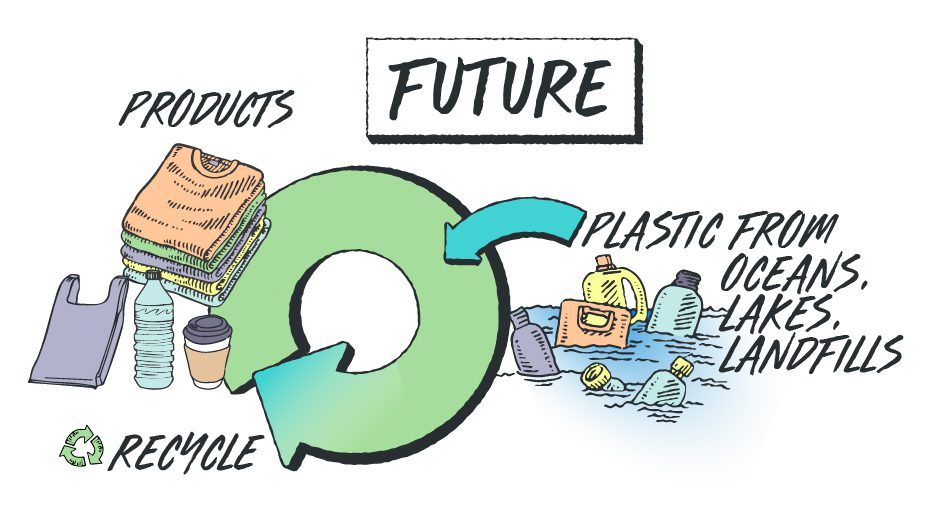 This is not just a Disney fantasy. It’s completely achievable. And it’s the kind of approach we’d like to see Canada take in its upcoming plastics strategy. We need policies that encourage a circular economy – like mandatory recycled content targets, landfill bans, incinerator and landfill taxes, and funding for new technologies that make it easier to make new plastics from old ones.
This is not just a Disney fantasy. It’s completely achievable. And it’s the kind of approach we’d like to see Canada take in its upcoming plastics strategy. We need policies that encourage a circular economy – like mandatory recycled content targets, landfill bans, incinerator and landfill taxes, and funding for new technologies that make it easier to make new plastics from old ones.
Burning/incinerating plastic is not the answer
What we don’t need is government kowtowing to certain plastics companies that want to burn plastic waste. Sure, burning plastic makes it “disappear”. But it also means those materials aren’t available to make new plastic goods (and often contributes to air pollution). Burning plastic locks us into the same linear “take-make-use-dispose” model, forever taking more crude oil out of the earth to feed our damaging plastic habit.
If we truly want to tackle plastic pollution, we need to take a leaf out of the Lion King’s book, and embrace the circle of life.



